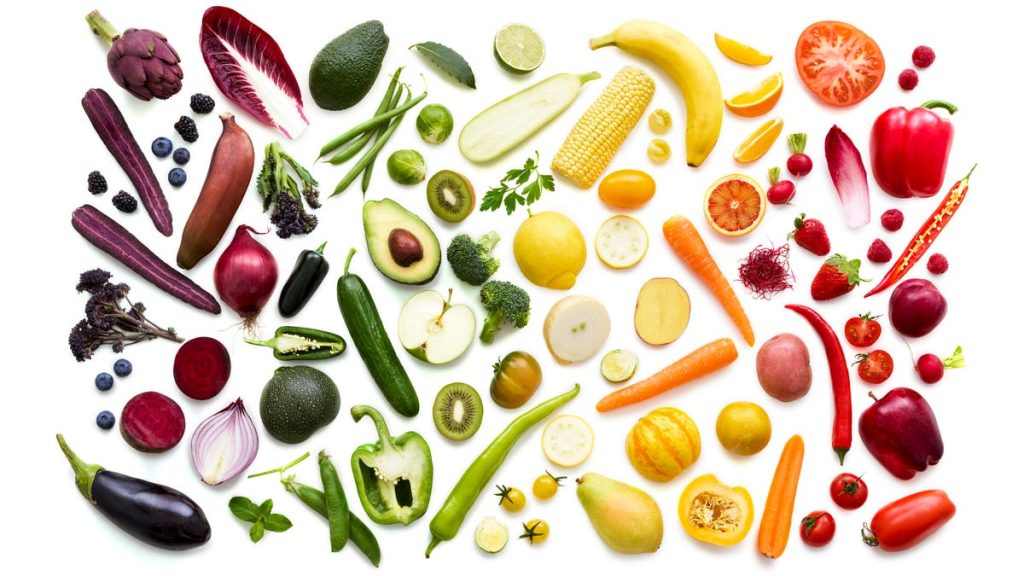Many people rely on supplements to fill in nutritional gaps, but it is essential to incorporate foods high in vitamins and minerals into one’s diet as well. By following a food-first approach, individuals can ensure they are getting most of their essential nutrients from natural sources. Foods such as eggs, meat, fish, fortified milk, vegetables, and fruits are rich in various vitamins and minerals, including Vitamin A, B, C, D, E, K, as well as important minerals like calcium, phosphorus, magnesium, sodium, potassium, chloride, and sulfur.
Vitamin A plays a crucial role in supporting eye health and immune function. Preformed vitamin A is found in animal foods, while provitamin A is found in plant foods. Foods like eggs, meat, fish, fortified milk, and colorful vegetables are excellent sources of vitamin A. The B vitamins, including B1, B2, B3, B5, B6, B7, B9, and B12, are essential for overall health and can be obtained from foods like organ meats, eggs, dairy products, legumes, and whole grains. Vitamin C is known for supporting immune health and can be found in citrus fruits, berries, broccoli, and peppers.
Vitamin D is primarily obtained from sunlight, but can also be found in fatty fish, egg yolks, and fortified foods. Vitamin E acts as an antioxidant and can be sourced from nuts, seeds, vegetable oils, leafy greens, and fortified foods. Vitamin K is important for blood clotting and can be found in eggs, leafy greens, cruciferous vegetables, and broccoli. Minerals like calcium, phosphorus, magnesium, sodium, potassium, chloride, and sulfur play vital roles in bone health, muscle function, and maintaining fluid balance in the body.
Iron is crucial for blood production and can be obtained from sources like oysters, dark chocolate, beans, and red meat. Manganese, copper, iodine, zinc, cobalt, fluoride, and selenium are trace minerals that support various functions in the body. These minerals can be found in foods like whole grains, seafood, nuts, seeds, dairy products, and fortified foods. It is important to maintain a balanced diet that includes a variety of nutrient-dense foods to ensure optimal intake of vitamins and minerals for overall health and wellbeing.
Sodium and potassium are essential electrolytes that play a role in muscle function, nerve transmission, and fluid balance. Foods like root vegetables, leafy greens, citrus fruits, and bananas are good sources of potassium, while trace amounts of sodium can be found in whole foods like artichokes, broccoli, and carrots. Maintaining a proper balance of these minerals is important for overall health. By choosing a diverse diet rich in vitamins and minerals, individuals can support their body’s functions and keep themselves healthy and energetic.












